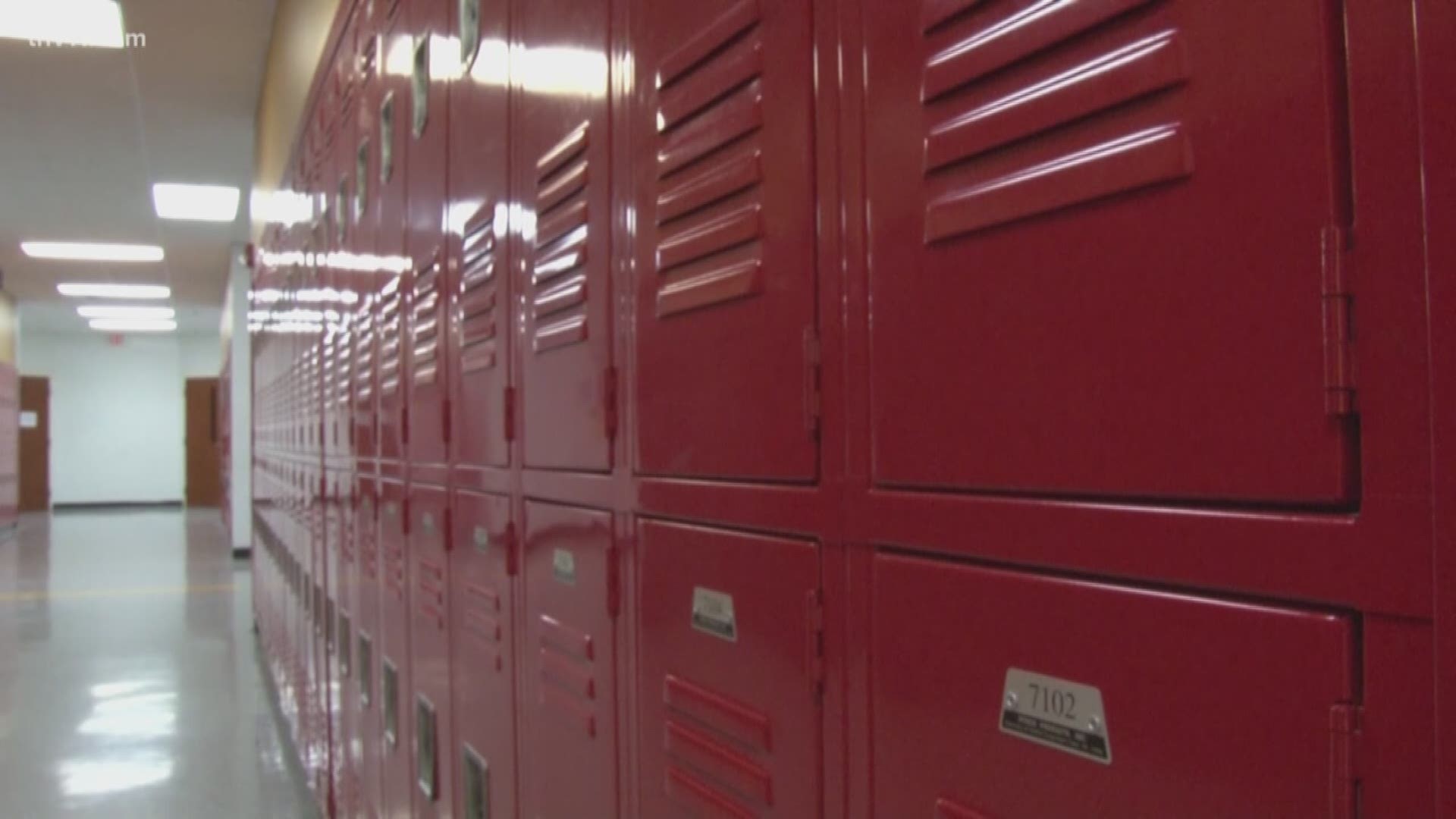LITTLE ROCK, Ark. — Starting this Tuesday, the Arkansas Board of Education will host four public forums to discuss the current and future shape of the state-controlled Little Rock School District.
Diane Zook, the chairman of the State Board of Education, broke down the reasons the state intervenes in school districts and the criteria those districts need to meet in order to be controlled locally again.
She said these public forums are a stepping stone to get there.
"We want Little Rock to be the best school district it can be and we think community input, as well as raw data, will guide that decision," Zook said.
On January 28th, 2020, the Little Rock School District's five-year deadline to fix its student academic weaknesses runs out.
The state took control of the Little Rock School District in 2015 after six schools had consistently low test scores. LRSD then became categorized as needing "Level 5-intensive support," but Zook said state and federal laws have changed since then.
"They focused more on academic distress priority, focused schools - They labeled them different. We were under No Child Left Behind," she said.
Zook said in 2017, the laws changed to what's now called the Every Students Succeeds Act.
"We look at each child, each child's growth, each child's achievement, each child's attendance— everything about each child. It is very student-focused," she said.
Zook said because the state took over LRSD under one law and now the laws have switched, their exit criteria didn't come out as quickly.
She said the exit criteria are broken up into several categories. First, numerical measurements, such as test scores.
"There are four categories: in need of support; close, meaning you do pretty good a lot of the time, but not a solid B student; and then ready, which means probably an A or B student; and then exceeding," Zook said.
She said they also measure what are called, "growth scores."
"If you as a student make as much progress this year as we would've anticipated you make based on previous years, then your school will be 80 or above," Zook said.
She said in addition to tracking numbers, they also speak with faculty and administrators to see if everyone's needs are being met.
"Is the central administration providing the support that's needed by the principals and, in turn, the teachers so they can be prepared and do what they need to for the students," Zook said.
Based on the law, if the school district doesn't meet these criteria, it can't return to local control at that time. The state then has three options:
1) It could be wholly consolidated into a neighboring district.
2) It can be split up with different schools going into different districts.
3) It could be reconstituted— gradually returning to local control step by step.
She said reconstitution is a more "flexible" term.
"More than likely it would be reconstitution, not annexation or consolidation," Zook said.
Parents can get involved at one of four meetings:
1) Aug. 20 6:30 p.m. - 8 p.m. at Arkansas Baptist College's auditorium
2) Aug. 26 6:30 p.m. - 8 p.m. at Roberts Elementary.
3) Aug. 27 6:30 p.m. - 8 p.m. at Saint Mark Baptist Church.
4) Sept. 3 5:30 p.m. - 8:30 p.m. at Arkansas Department of Education's auditorium
"We want what's right and good for your children too and we want them to know we are listening to them and then maybe they will see that we care as well," she said.

